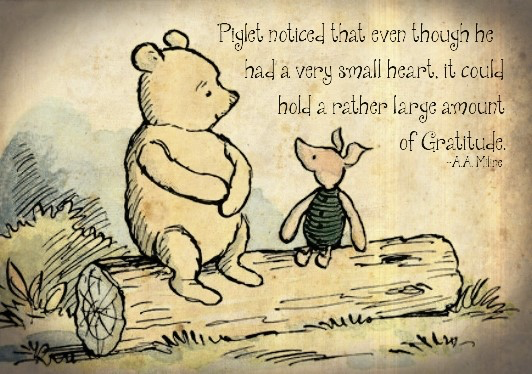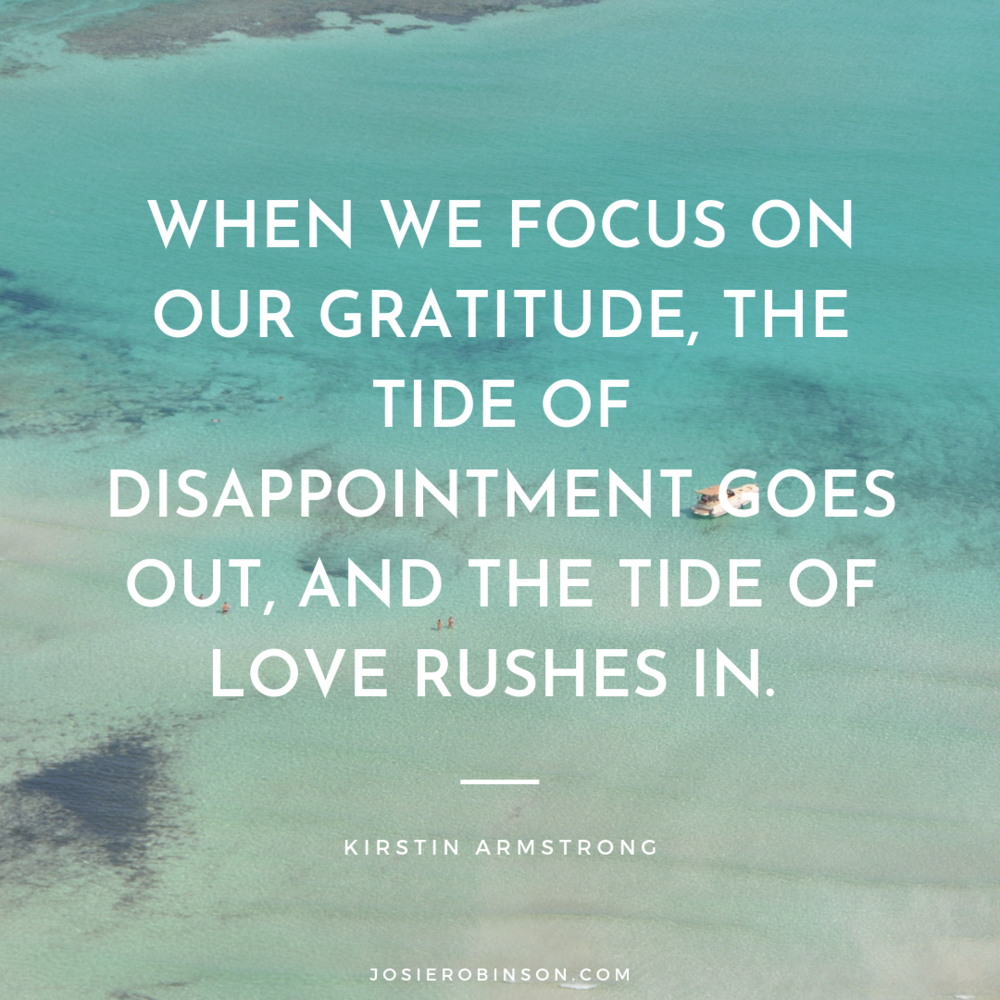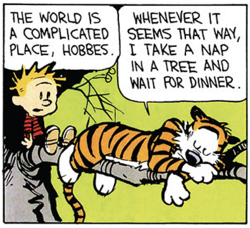
I forgot my lunch.
It’s all too hard.
My friend was mean to me.
I think I’m getting sick (COVID-19 fear).
I’m angry with the world!
Too much work and too little time.
My leg hurts/My brain hurts.
Go right ahead and let these feelings rule your day or…………choose to be happy. One of the best ways of improving your happiness and your life is through gratitude. So, maybe you could try being grateful.
“Gratia” is the Latin origin for “gratitude” and means grace, graciousness, or gratefulness. Gratitude is an appreciation from receipt of something tangible or intangible from an individual.
In positive psychology research, gratitude is strongly and consistently associated with greater happiness. Gratitude helps people feel more positive emotions, relish good experiences, improve their health, deal with adversity, and build strong relationships.
Gratitude and happiness are more than just a state of mind or a gesture. There are some serious science-based theories behind each of these emotional states of being, and this science tells us that giving thanks makes you happier.

“While there are different causes of happiness, one way for sure to bring about more happiness is gratitude.”
There is a direct link between happiness and gratitude. Expressing gratitude brings about happiness for the one giving thanks. The more someone is thankful or feels gratitude, the less there is time or room for negative thoughts.
Being happy is actually good for your health. Science tells us that increased happiness leads to:
- higher life satisfaction
- better health
- a lower mortality rate
- higher capacity to face adversity
- the capacity to develop and maintain positive relationships
- greater joy, happiness, energy and vigour, and a greater sense of humour
In times of crisis like drought, bushfires, political chaos and pandemics, gratitude is something of an emotional life vest.
“When people are faced with adversity or traumas if they are able to experience gratitude, they are able to push through the adversity or trauma and be more resilient. (Tennen and Afflek 2002).

So to be happier and healthier (physically and emotionally) the advice is that you consider:
- Being gracious for your past (i.e., think of positive childhood memories).
- Being gracious for your present (i.e., taking time to be present and enjoy).
- Being grateful for what’s to come (i.e., being hopeful and optimistic of the future).
The best news: Gratitude is cheap and it works for the one giving and the one receiving. Everybody wins!



